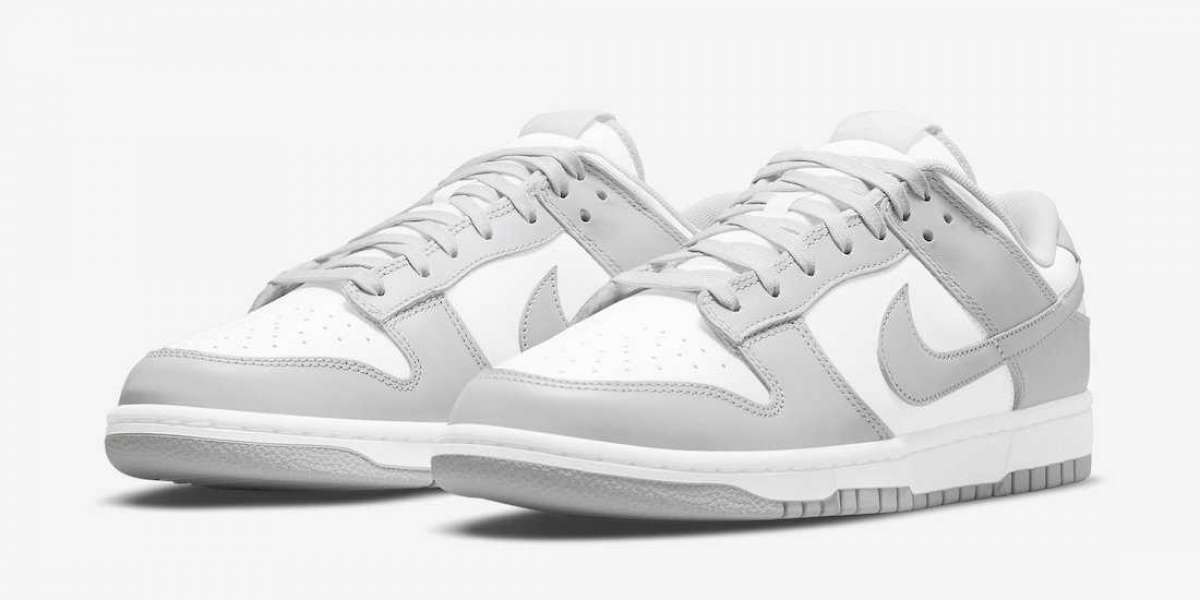There are pros and cons to using credit cards as a budgeting tool, as with many financial products. We'll discuss some of the benefits and drawbacks of getting a credit card in this guide. As a result, you will be able to make an informed decision about whether or not it is the right option for you.
How can I use a credit card?
Credit cards can be used to pay for goods and services. You basically promise a credit card provider that you'll repay the money you owe at a later date, usually with interest.
Credit cards can help you build your credit score when used responsibly. Better interest rates and easier approval for loans, such as mortgages, are possible with a strong credit rating.
How does a credit card benefit you?
Using a credit card has many advantages. The following are some of the benefits:
- Convenience: Credit cards allow you to buy something now, but pay for it later - so you don't have to wait until payday
- Spread out the costs: A credit card allows you to pay over several monthly installments if you need to make a large purchase. Budgeting can be easier with this method and you won't have a huge hole in your wallet
- Boost your credit: Lenders will take notice if you use a credit card responsibly, which can help to raise your credit rating. If your credit score is low, you can apply for a credit builder credit card that will help you raise it. You can also apply for a credit card on this website.
- Purchasing insurance: Your purchase might occasionally have an issue, such as getting lost or damaged, or the business might even fail. You have buyer protection with credit cards for any purchases made with the card that cost between £100 and £30,000. In the event that there is a problem with your goods or services, it means you can request a refund from the card company.
- Pay no interest: A 0% interest period is provided by many credit cards. As long as you make your minimum monthly repayments, you can borrow money without paying interest.
- Cashback and incentives: A variety of rewards are provided to customers by many credit card issuers. Every time you use your card, you might be earning points similar to shopper loyalty programmes or even cashback on purchases.
- Reduce your debts: If you're already paying off debts, using a balance transfer credit card could help you pay off your debts more quickly by lowering your interest payments.
Credit cards have a number of disadvantages.
Credit cards can have pitfalls and drawbacks. You should be aware of the following risks:
- Getting trapped in debt: Debts can quickly accumulate if you are unable to repay what you borrow. If you have poor credit, you might be subject to high-interest rates, and once you're in a debt spiral, it can be challenging to pay it all off.
- Getting your credit harmed: As well as rising, your credit score can also fall. Your credit score can be harmed if you skip a credit card payment or let debt accumulate. This may make it more difficult to obtain credit in the future.
- Extra costs: When selecting a credit card, you should be aware of additional costs in addition to the interest rate. If you miss a payment or exceed your credit limit, your provider may charge you, which is bad if you're already in the red. Many balance transfer cards charge a fee to switch a balance, and some credit cards may have monthly or annual fees. Examine the APR (annual percentage rate) to determine a card's total cost.
- Confined use: When you use a debit card to make purchases or withdraw cash from an ATM, credit card companies may charge you an additional fee.
How safe are credit cards?
If your credit card is used fraudulently you can usually claim your money back – just make sure you do your best to keep it secure.
Provided you alert your card provider immediately to the fraud it should be able to freeze the account and card – and you won’t be liable for any of the spending or interest on the debt. Read more in our guide to credit card security.
What’s the best way to use my credit card?
Different types of credit cards will suit different people, depending on whether they want to pay off existing debts quickly, make a large one-off purchase or earn cashback. To make sure you're getting the most from your card, here are some helpful tips:
- Generally speaking: you shouldn't charge anything to your credit card that you won't be able to pay back later. Spending within your means prevents debt accumulation and maintains a healthy credit score.
- Overpaying the minimum: While it's important to make your minimum payment each month, ideally you should aim to do more. You'll save money on interest if you can afford to pay off more than the required minimum. Additionally, if you can pay off the balance each month, you shouldn't have to worry about paying interest or accruing debt.
- Get a direct debit: Setting up a direct debit means you don’t have to remember to make your monthly payments. Set it to the minimum monthly amount – but remember, paying off more is usually better
- To let you know: when a payment is due or if your credit limit is getting close, most providers will offer you some sort of alert system via text or online.
- Get some benefits: Make sure to utilise all the benefits if you're using a rewards card. If you don't use these cards frequently enough, you might be losing money because they typically have an annual fee. Use your cashback credit card, for instance, to make all of your regular monthly purchases and then pay the balance off each month to benefit from the rewards.
- Applying for a credit card: can leave a mark on your credit report, and making too many applications in a short period of time is typically a sign of having trouble with your finances. Your chances of being accepted can be increased by timing your applications and utilising MoneySuperMarket's credit card eligibility checker so you can look for card deals without damaging your credit rating.
What is the best credit card for me?
It's crucial to think about your future plans for your new card when selecting a credit card.
Perhaps you need to divide a large expense into smaller, more manageable payments because you have some major expenses coming up.
You might want to settle your debts already owed. Or perhaps you want to receive rewards or cashback.
About the Author:
Dannie Kolin was born in Denver, Colorado, and works as a contract author. He graduated from the College of Colorado, Denver with a bachelor's degree in English. The Colorado Rockies are his favorite place to climb, and he also enjoys the wonderful arts, such as playing the violin. Writing is his best form of networking and expressing himself.


